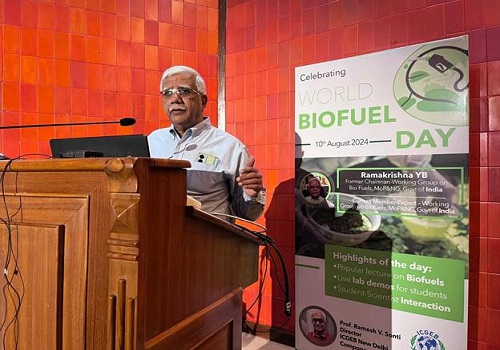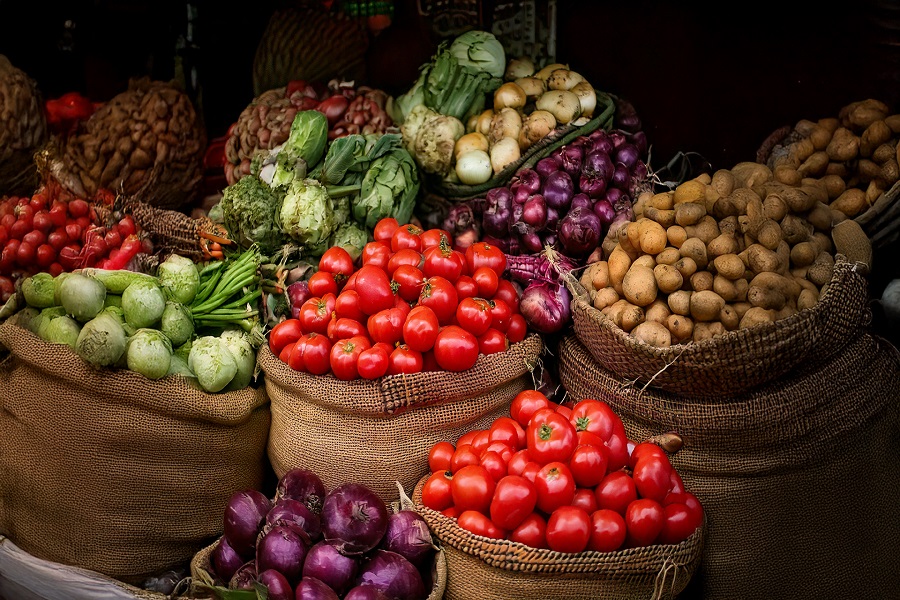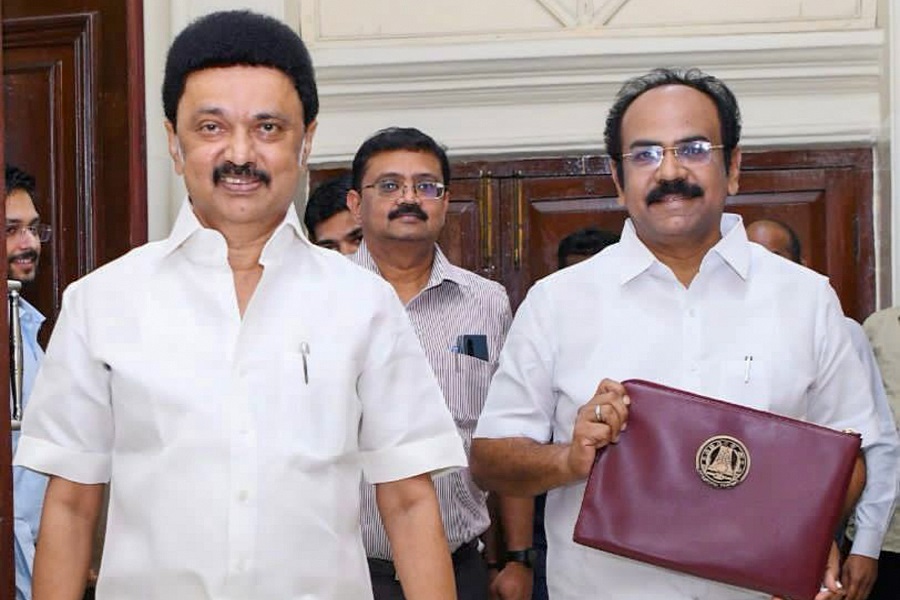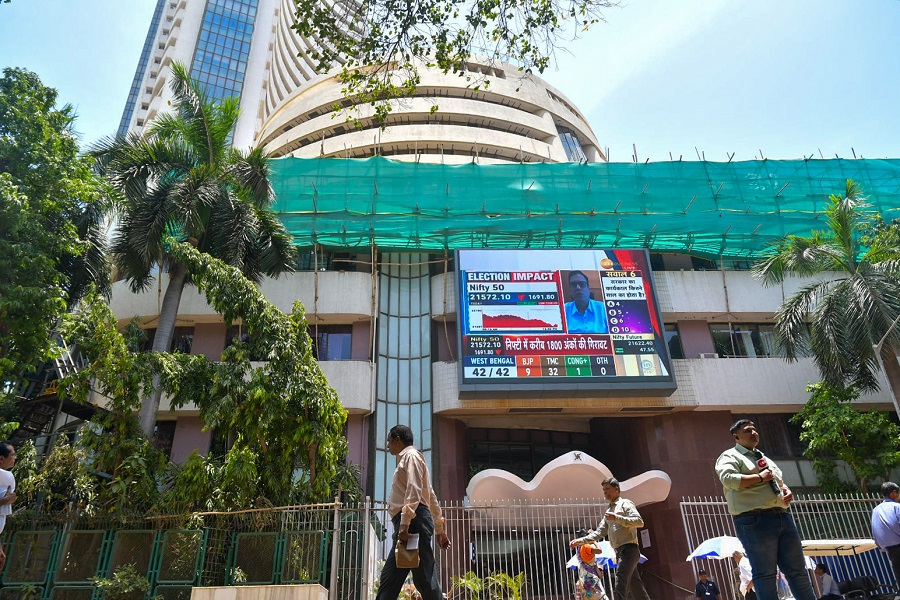‘Biofuel sector has immense potential, may pave way for a sustainable future in India’

Biofuel sector has immense potential and it may also pave the way for a sustainable future in India, said Ramakrishna YB, an expert at the working group on biofuels under the Ministry of Petroleum and Natural Gas (MoP&NG).
He was speaking at a special event on World Biofuel Day to showcase the advancements in biofuels and carbon capture technologies at the International Centre for Genetic Engineering and Biotechnology (ICGEB) campus in New Delhi.
“The biofuel sector has immense potential, surpassing the agriculture sector in scale,” said Ramakrishna, also the former Chairperson of the working group on biofuels under MoP&NG.
Ramakrishna said this “necessitates extensive research and development to overcome technical and economic barriers, making it commercially viable and unlocking its vast opportunities for sustainable energy production”.
He shed light on the current policy framework, opportunities, and the future of biofuels in India.
Ramakrishna also released two short films produced by ICGEB, which underlined the institution’s research efforts in the area of biofuels and carbon capture.
As the world is grappling with a climate crisis, biofuels are emerging as a potential solution to promote a cleaner and more sustainable economy.
Biofuels, derived from renewable organic matter like plants and algae, offer a promising alternative to traditional fuels which boost greenhouse gas emissions.
Biofuels are considered carbon-neutral because the carbon dioxide (CO2) released during their combustion is offset by the CO2 absorbed by the plants during their growth, making them a cleaner and more sustainable fuel source.
Biofuels and green hydrogen are at the centre of India’s energy transition pathways and may pave the way for net zero emissions by 2070 and to meet 50 per cent of electricity requirements from renewable energy sources by 2030.
Meanwhile, the Union Cabinet has also approved an extension of the Pradhan Mantri JI-VAN Yojana -- a key initiative aimed at boosting India’s advanced biofuel sector.
The new scheme extends its implementation period by five years -- 2028-29. It also broadens the scope to include biofuels produced from lignocellulosic feedstocks such as agricultural residues, forestry waste, industrial by-products, and algae.






.jpg)














